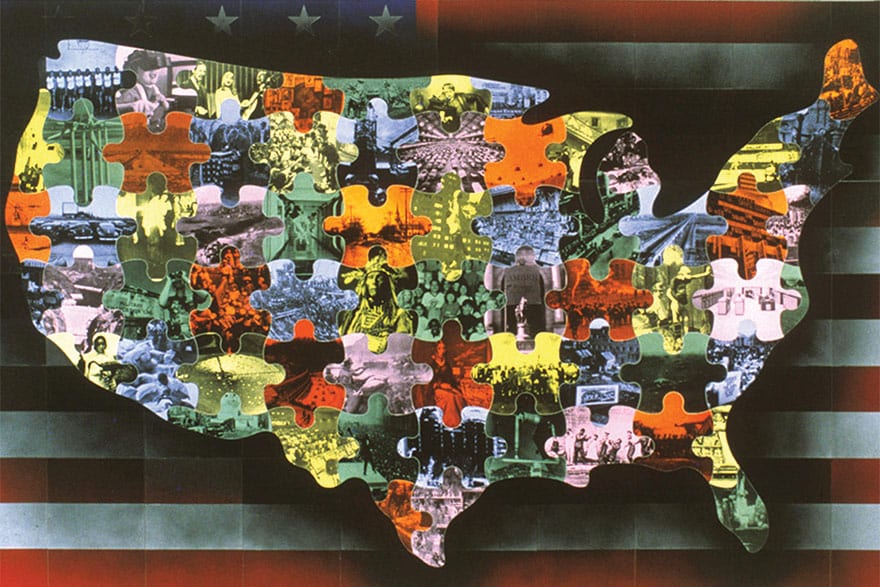The search for a better life moves the people, and the people move the culture. But the culture they establish in their destination is never exactly the same as it was in their place of origin, because it immediately adapts to and blends with the culture already established in their destination. So, for example, the culture of Mexican-Americans in Texas or California is not exactly the same as the culture of the people in any Mexican city, state, or region. Cultures are living bodies of custom, preferences, knowledge, and technology, and how they operate and change depends on the circumstances and people with whom they come into contact.
The fear that some nativists express that an influx of foreigners will change their culture for the worse expresses a lack of confidence in the virtues of their existing culture and a failure to imagine how their culture might be enriched, rather than despoiled, by encounters with other cultures. Historically in the USA such encounters usually worked out much better eventually than native-born people feared in the beginning. People learn new languages, new customs, new types of consumption, new skills. They adjust. Cultures in such encounters are fluid. The encounters are matters of give and take. It is a great and vicious mistake to presume that one group’s culture must triumph over, defeat, or suppress the others. It’s bad anthropology, too.




